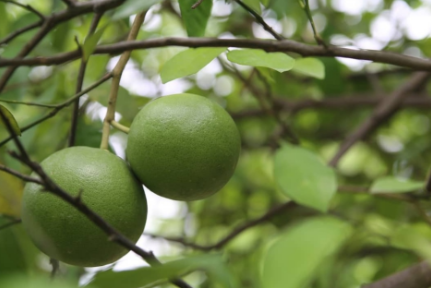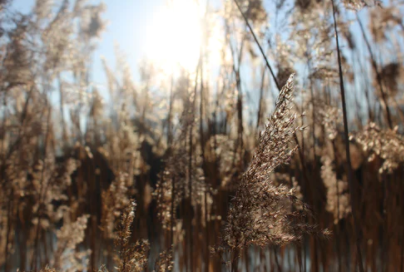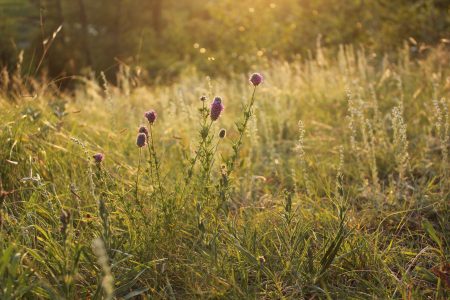Community garden, Palermo, Sicily
Example type: Blue and green infrastructure in urban environments

A group of people came together back in 2006 to form a 10 thousand square meter urban organic allotment garden in Palmero, the city with the most green space in Italy. The goal is to grow environmentally and economically sustainable food, whilst connecting residents of the city with each other and their environment. There is a strong emphasis on social inclusion, with young people and recent immigrants to the country being centrally involved.




